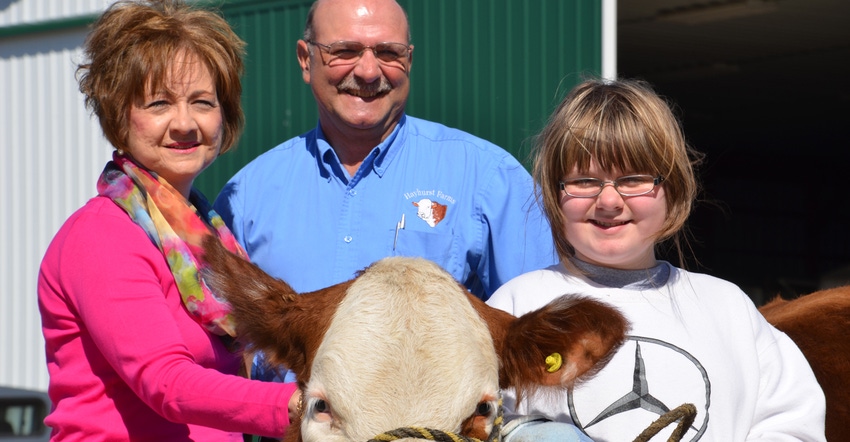September 7, 2020

We welcome letters, emails and phone calls. If you disagree with an opinion expressed by the editor or a columnist, share your views.
What we don’t expect is a scathing, anonymous letter. You can’t have a wholesome debate with someone if they aren’t willing to identify themselves.
Our normal policy is to toss anonymous letters into the circular file. However, I’m making an exception. The assertions, observations and insinuations of this nameless writer are too far from the truth, and offensive to both me and the columnist, to let it lie unanswered.
The letter objected to an article Susan Hayhurst, author of Hayhurst’s Hayloft, wrote about chickens. Do chickens care how they are raised? appeared online and in the July Indiana Prairie Farmer. While Hayhurst interjected some levity, she tackled an important issue. Her premise was that Maine legislators went overboard by considering a bill that would prevent stores from selling eggs from chickens kept in cages. At least five states have already passed similar legislation.
Debate vs. slander
Hayhurst included a Bible verse, Genesis 1:28, which says, in part, man “has dominion over the fish of the seas, the fowl of the air, and over every living thing which moveth upon the Earth.”
The anonymous writer objected. “Using God’s words or Bible quotes as a means of justifying the treatment of God’s lesser creatures in this ongoing controversy is unacceptable,” the person said. “Having dominion over someone or something involves responsibilities for the humane treatment of such.”
The writer went on to say, “We have too long abused not only the animals and each other, but we are ruining our environment as well. This article suggests that animals have no thoughts or feelings or fears or awareness of their very existence … ludicrous, to say the least.”
The animal welfare debate is useful in that it reminds livestock producers, 99% of whom respect animals and take care of them humanely, that they also need to be on the lookout for ways to do things even better. These producers realize that at the end of the day, they’re producing a product for consumers. They want that product to be wholesome.
Most producers know that if animals are well-fed and cared for, they will produce better and their operation will be more profitable. If you want cage-free eggs, you can buy them. Today, it’s usually at a premium. But as more people indicate it’s important to them, producers are finding ways to provide a cage-free environment and remain profitable.
Where debate goes south is when it stops being about ideas and becomes personal. When the anonymous writer wrote, “Susan must not like animals and obviously doesn’t have any respect for God’s lesser creation,” the person went over the line. That’s not expression of opinion, it’s slander — because it’s not true.
I’ve known Susan Hayhurst and her husband, Terry, for nearly 40 years. I know no one who loves animals more than Susan. It is evident in how she and Terry care for their cattle, and how they raised their daughters to show and care for animals — ethically and humanely.
If you want to debate animal welfare, we’re happy to do so. It’s easy to defend how most people care for livestock. But if you want to get personal, the discussion is over. That’s when discourse just breeds hatred and contempt.
Comments? Email [email protected].
You May Also Like




